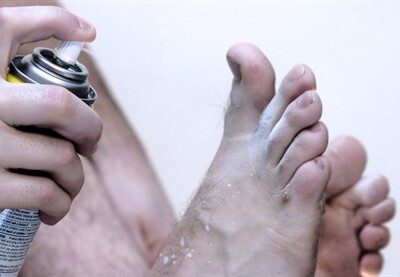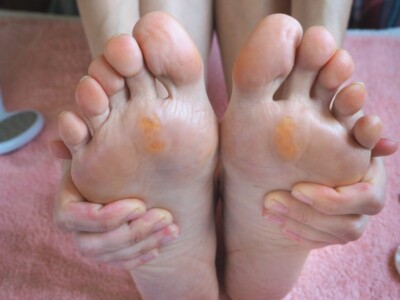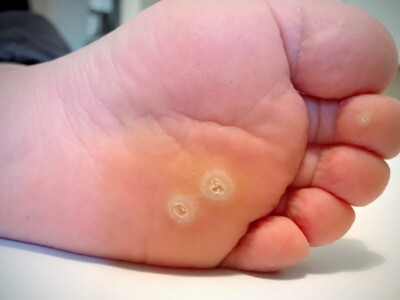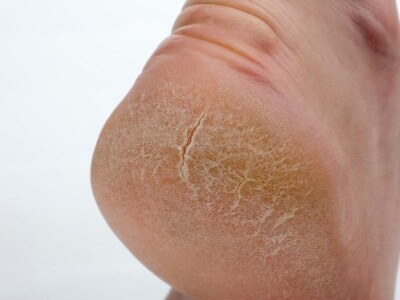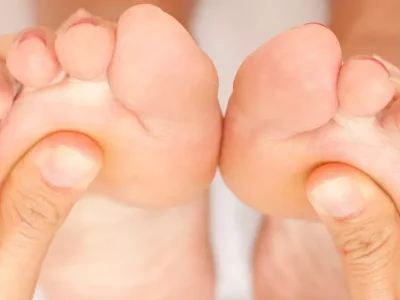Children's Verrucae
Verrucae are warts that can be found anywhere on the foot but commonly occur on the soles of the feet. They are harmless but in some circumstances, they develop on a weight-bearing area of the foot where they are likely to be painful for children.
What to do if my child has a verruca?
Monitor the verruca for any changes; listen to your child and what they are saying. Are they now complaining about the verruca? Has it spread?
What to do if verrucae are causing pain?
Sometimes verrucae get very hard and therefore painful due to overlying hard skin. If you are looking for verruca treatment for kids, it may be a good idea to bring your child in so that we can clear away this hard skin. (a painless procedure!) What you can then do is cover the area with medical-grade sports tape, such as TanTiger tape which contains zinc oxide. Or Tiger Tape H2O. This keeps the area of the skin soft as the tape retains moisture, and that stops the verruca from getting hard and causing pain. We will be able to show you how to do this and give you advice on what you need to do going forward.
What not to do if my child has a verruca?
- Don’t go out and buy specific gels that are marketed to help in the treatment of verrucae. They contain acid and can cause tissue damage.
- Don’t force your child into unnecessary treatment
- Don’t rush into treating it if your child isn’t complaining. Their immune system is more active than an adult and verrucae can resolve on their own within 12 months.
- Don’t use duct tape (as in industrial tape, it is not skin-friendly)
Are verrucae contagious?
Verrucae can be contagious if you have a micro break or abrasion in the skin where the particles can get in.
So, if you want to limit contact, here are a few easy steps you can do to help.
- Minimise barefoot floor contact (wear flip flops or other foot covering).
- Dry your feet properly (use talc to complete the drying process)
- Don’t run barefoot in public floor areas like changing rooms and poolsides. The more you run, the more you abrade the skin, and the greater the chance of you picking up a verruca.
We hope this has been helpful reading! The key message is that there is no need to panic if you discover your child has a verruca. Monitor it, and if it starts to hurt, or spread, that is the time to think about booking an appointment.
Book a Podiatry Appointment
Other Conditions We Treat
What our clients say





